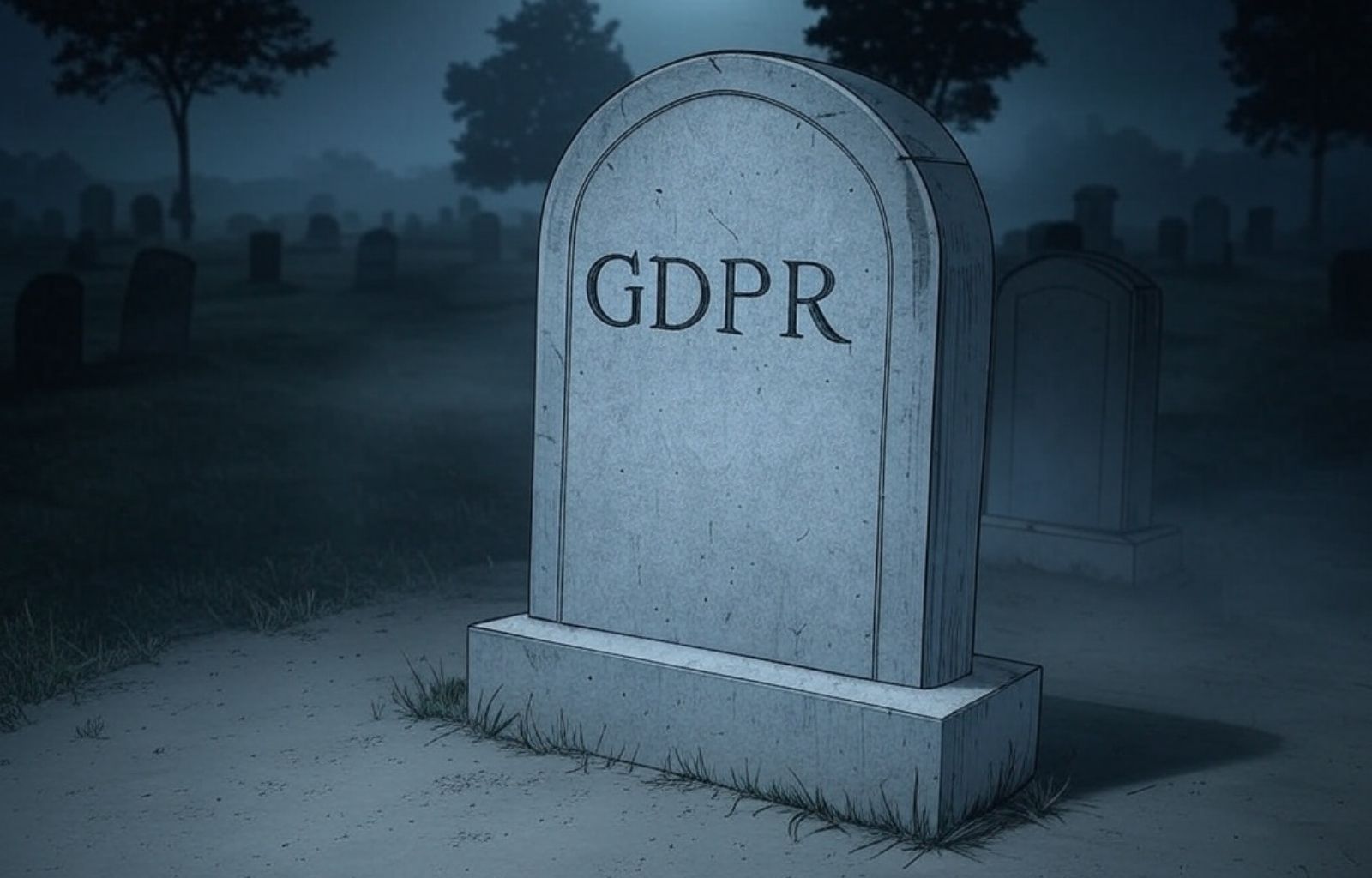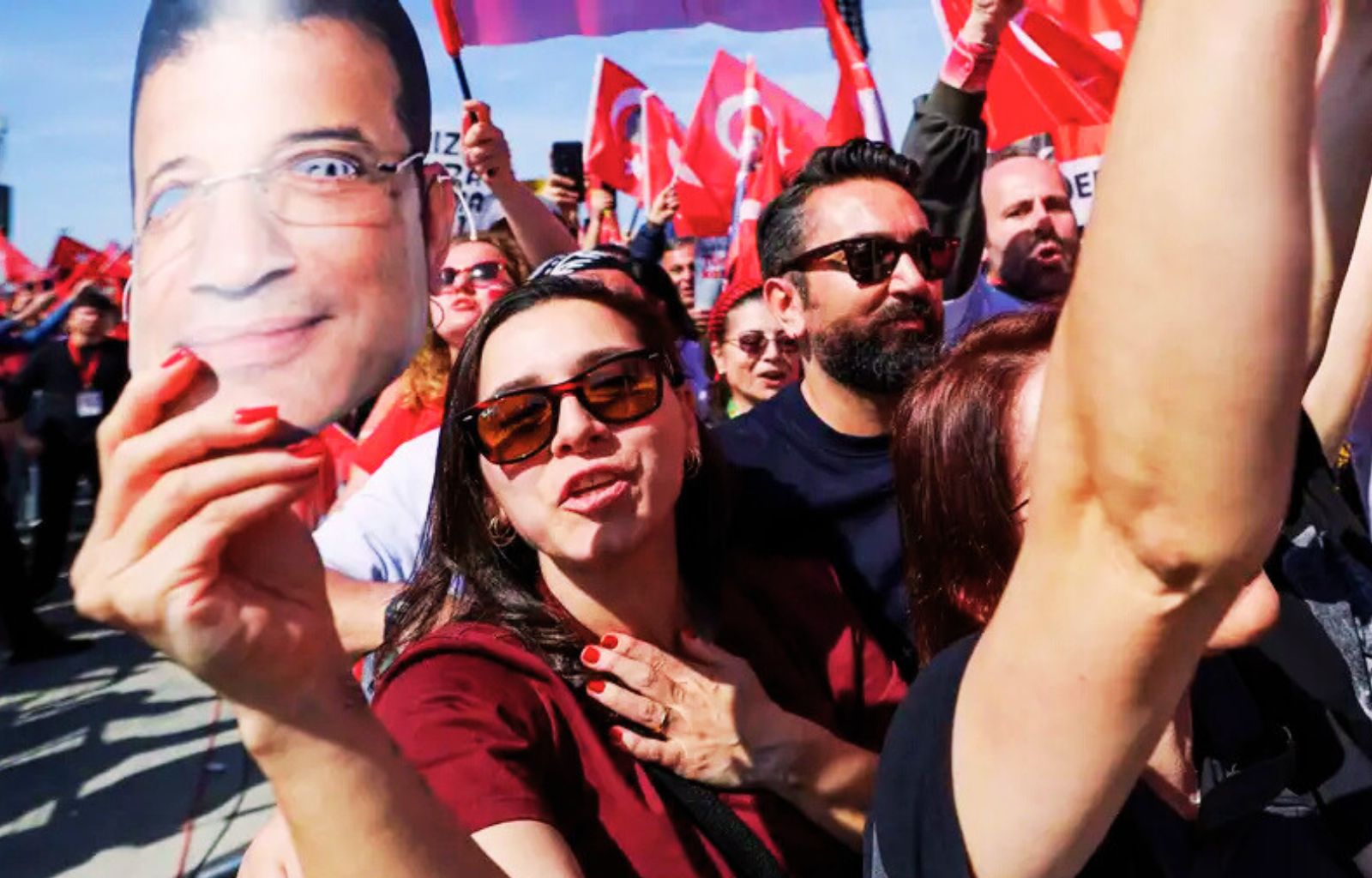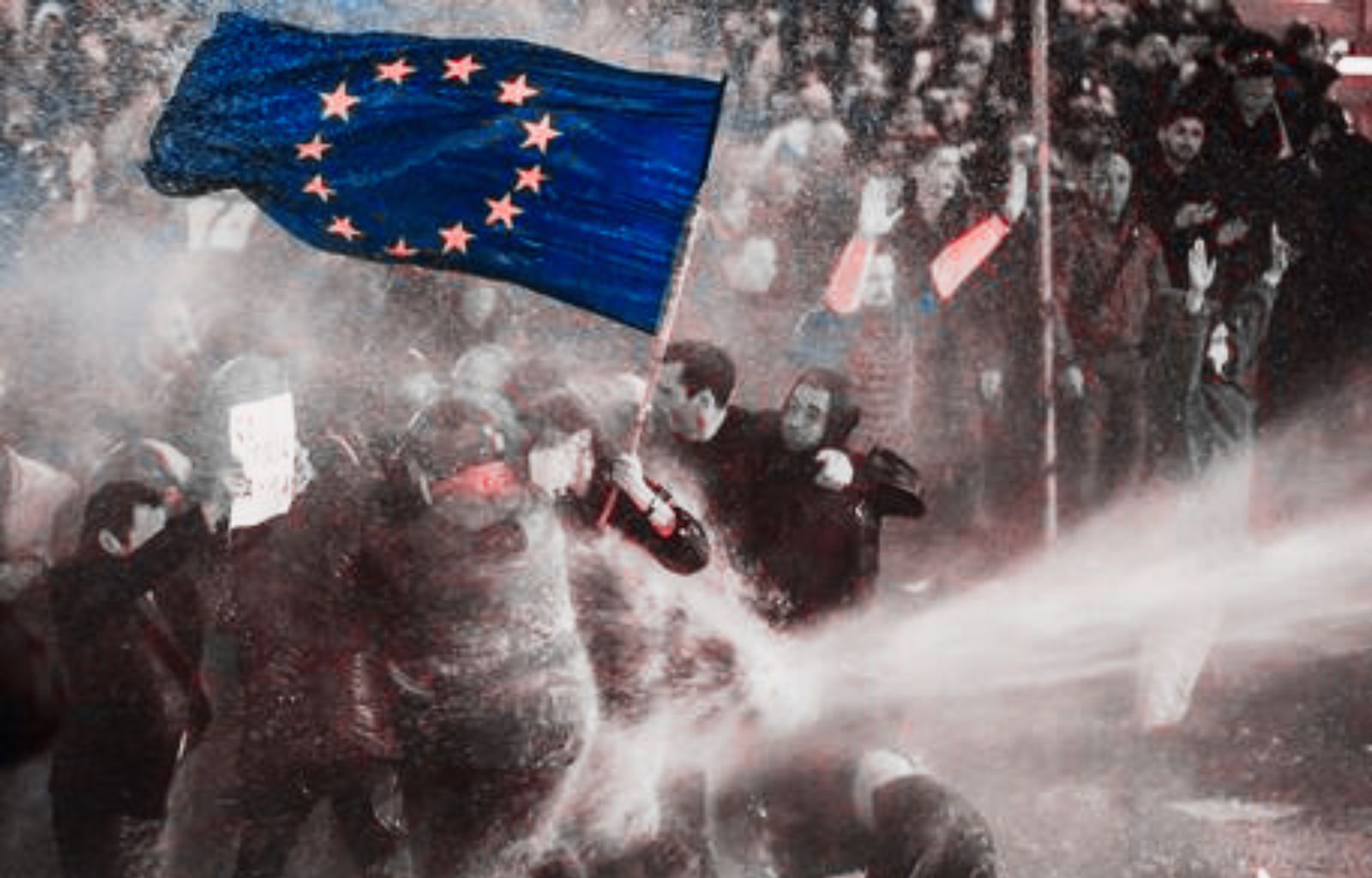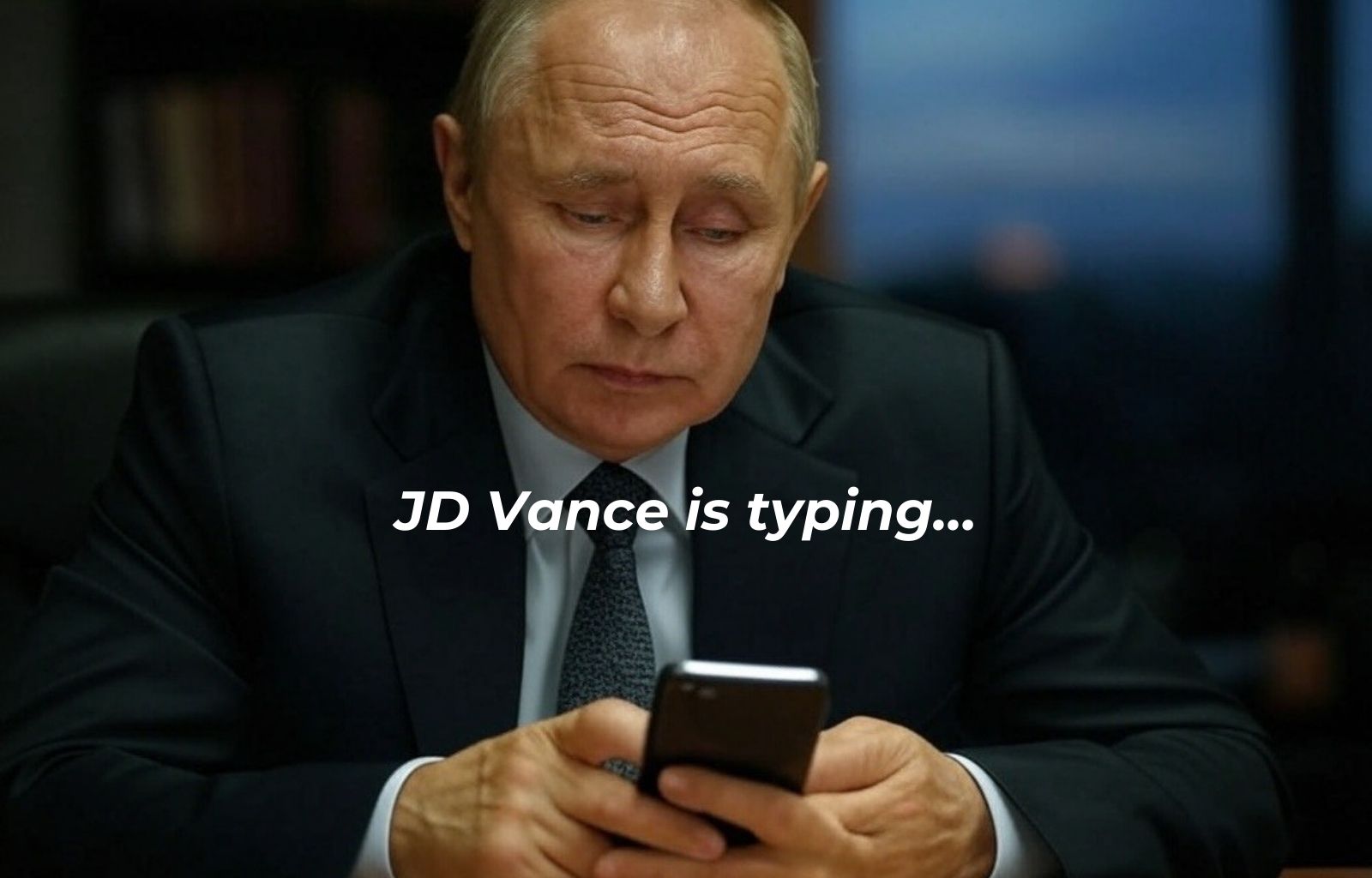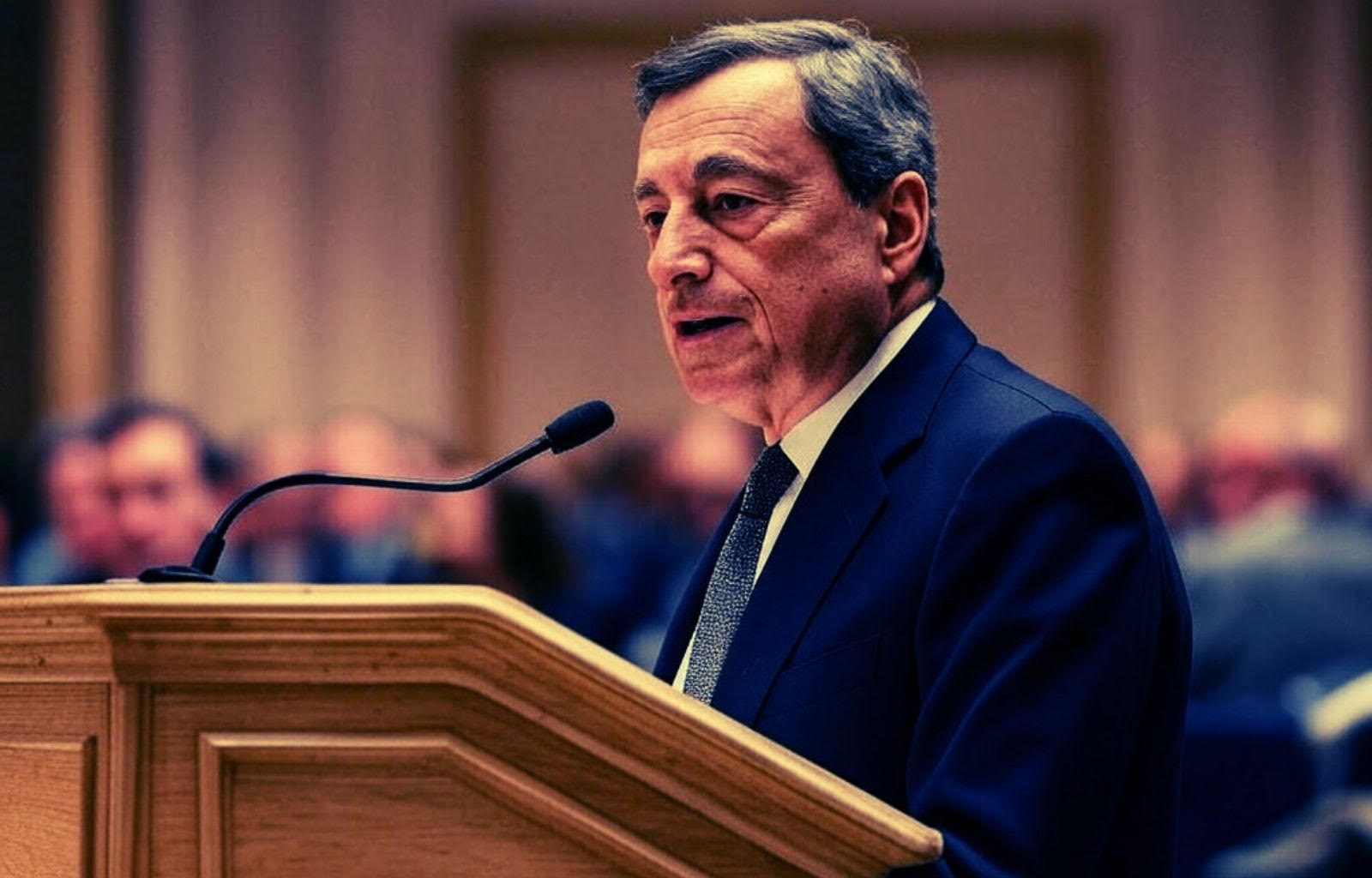Sumy, bombing a military parade is still a war crime
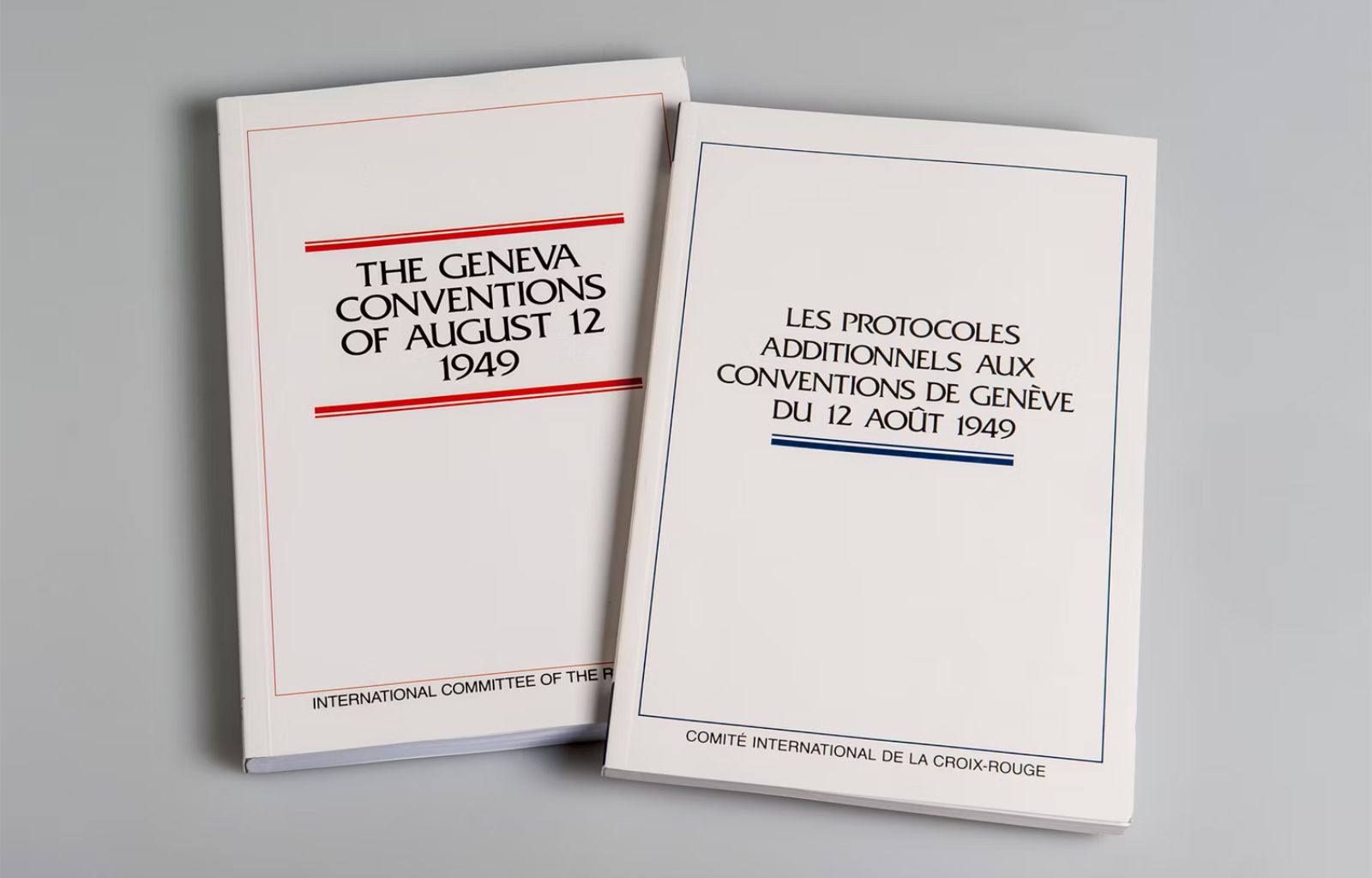
On 13 April 2025, a Russian missile attack hit the centre of the Ukrainian city of Sumy, killing at least 34 people, including two children, and injuring over a hundred civilians. According to the Russian authorities, the target was a ‘gathering of Ukrainian army officers‘. According to the Ukrainian authorities and numerous independent sources, it was a non-operational military ceremony taking place in a public city space, in the context of Palm Sunday celebrations.
Is it enough to claim, as the Kremlin does and as several of its puppets in the West repeat, that military personnel were shot in Sumy to justify the attack? Absolutely not, in light of the facts and in light of international humanitarian law (IHL), such an attack still constitutes a war crime.
Let us see why.
The legal framework
International humanitarian law, articulated mainly in the four Geneva Conventions of 1949 and the Additional Protocols of 1977, imposes clear limits on the conduct of hostilities. In particular, any armed attack must respect three fundamental principles:
- Principle of distinction
Parties to a conflict must distinguish between combatants and civili ans (Art. 48, First Additional Protocol) and between military targets and civilian property. Attacks may only be directed against military targets.
If a military gathering – such as a commemorative parade – is not directly involved in active warfare, it does not constitute a legitimate military target. The mere presence of uniformed military personnel is not sufficient to legitimise the use of lethal force, especially if it takes place in a ceremonial context and in a densely populated urban area. - Principle of proportionality
Even if the target is considered legitimate, the attack is prohibited if it can be expected to cause collateral damage excessive in relation to the concrete and direct military advantage expected (Art. 51.5.b, First Protocol).
In Sumy, the impact of the attack caused a very high number of civilian casualties, including minors. The possible elimination of some Ukrainian officers can in no way justify such a toll. In the absence of an immediate and concrete military threat, the attack is disproportionate. - Precautionary Principle
Parties must take all possible precautions to avoid or minimise civilian casualties (Art. 57, First Protocol). Launching two ballistic missiles on a city square in broad daylight, during a public ceremony, is incompatible with any effort to reduce collateral damage.
A military gathering is not a military objective
A misunderstood point must be clarified: not every military presence automatically constitutes a legitimate target. The International Committee of the Red Cross (ICRC) has made it clear that a ‘military target’ is only such if it actually contributes to the military action of the adversary, and its destruction offers a concrete and immediate military advantage.
In the case of Sumy, there is no evidence that the gathering was intended to plan or direct offensive operations. No armaments, tactical means or operational positions were present. The commemorative and symbolic component clearly prevailed. In this context, the attack may qualify as a direct attack against civilians, or at least against a concentration of people not directly involved in hostilities, in violation of Article 51.2 of the First Protocol.
War crime: the legal basis
The International Criminal Court, in Article 8 of the Rome Statute, defines ‘intentional attacks against the civilian population or individual civilians not taking part directly in hostilities’ (Art. 8(2)(b)(i)), as well as ‘disproportionate attacks’ (Art. 8(2)(b)(iv)) as war crimes.
The attack on Sumy did not have an immediate and legitimate military objective, was carried out with awareness of the presence of civilians, and caused civilian casualties disproportionate to the expected military advantage: there are the constituent elements to qualify it as a war crime, prosecutable before the ICC or other competent courts.
Director’s Note
Firmly pointing out violations of international humanitarian law does not stem from naivety. We harbour no illusions that Vladimir Putin will be shaken by legal analysis or condemnation of international opinion. Our intention is certainly not to ‘impress’ the Kremlin, but to hold firm to one principle: that humanity has long since reached the moral and legal maturity to clearly establish what is a war crime and what is not. Law, as such, also lives in the word that names violations, in accurate documentation, in memory that opposes oblivion. Acknowledging and denouncing these crimes is not a rhetorical exercise: it is a necessary act to prepare the ground for justice, for the day when – and that day will come – the war will be over, and it will be the task of the international community to prosecute those responsible for the Russian regime and its dictator, so that history does not repeat itself and law is not bent to force. – Piercamillo Falasca




